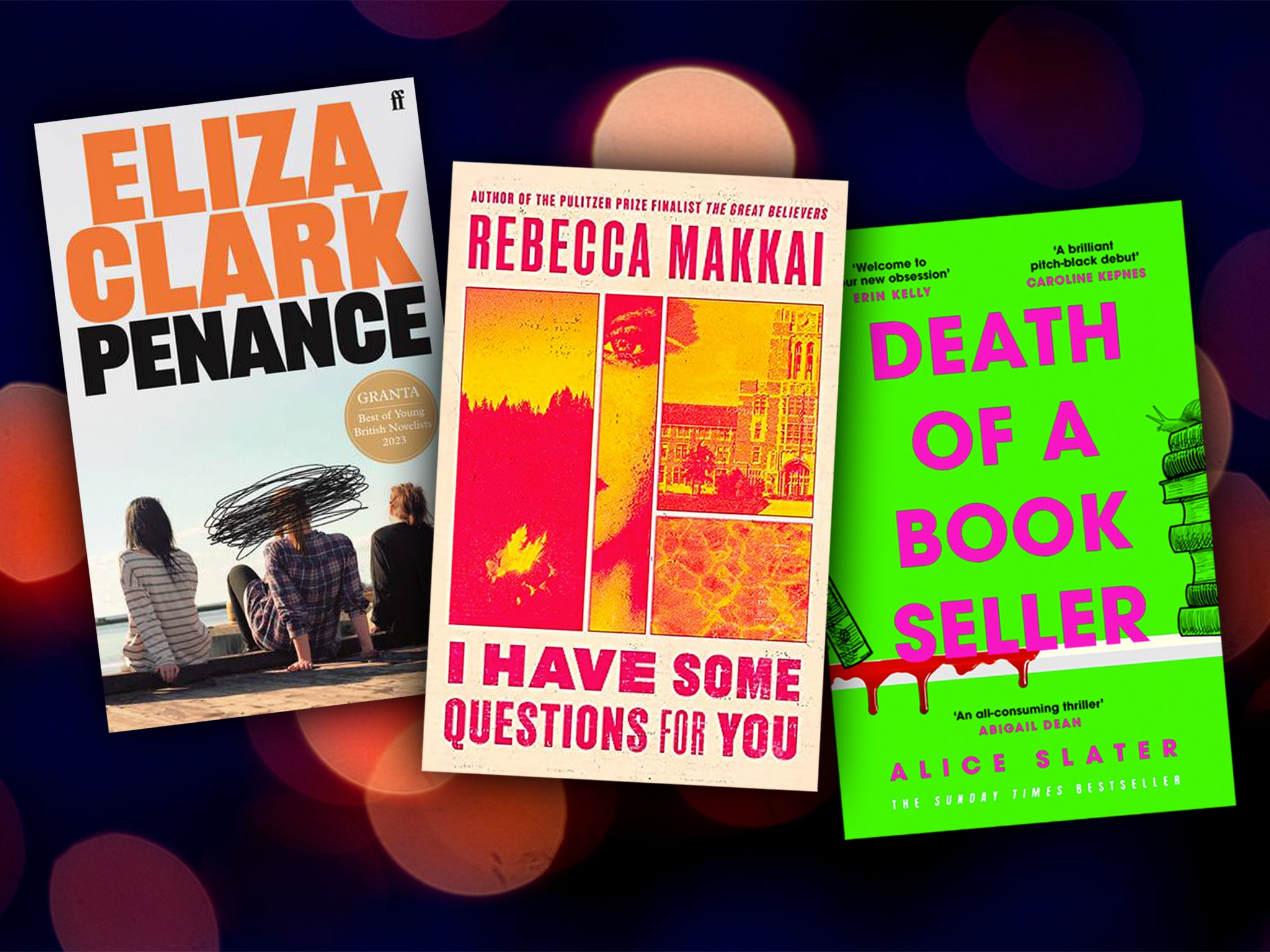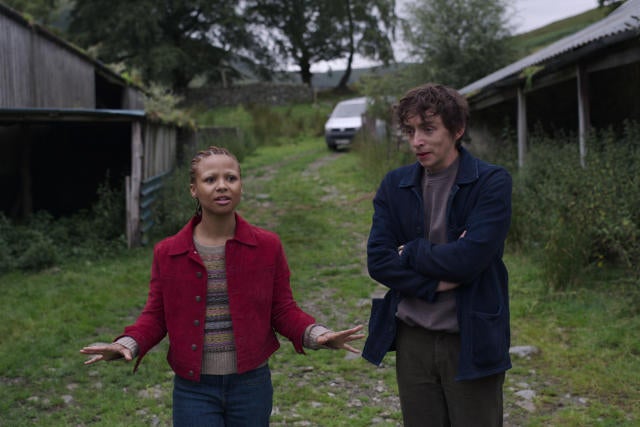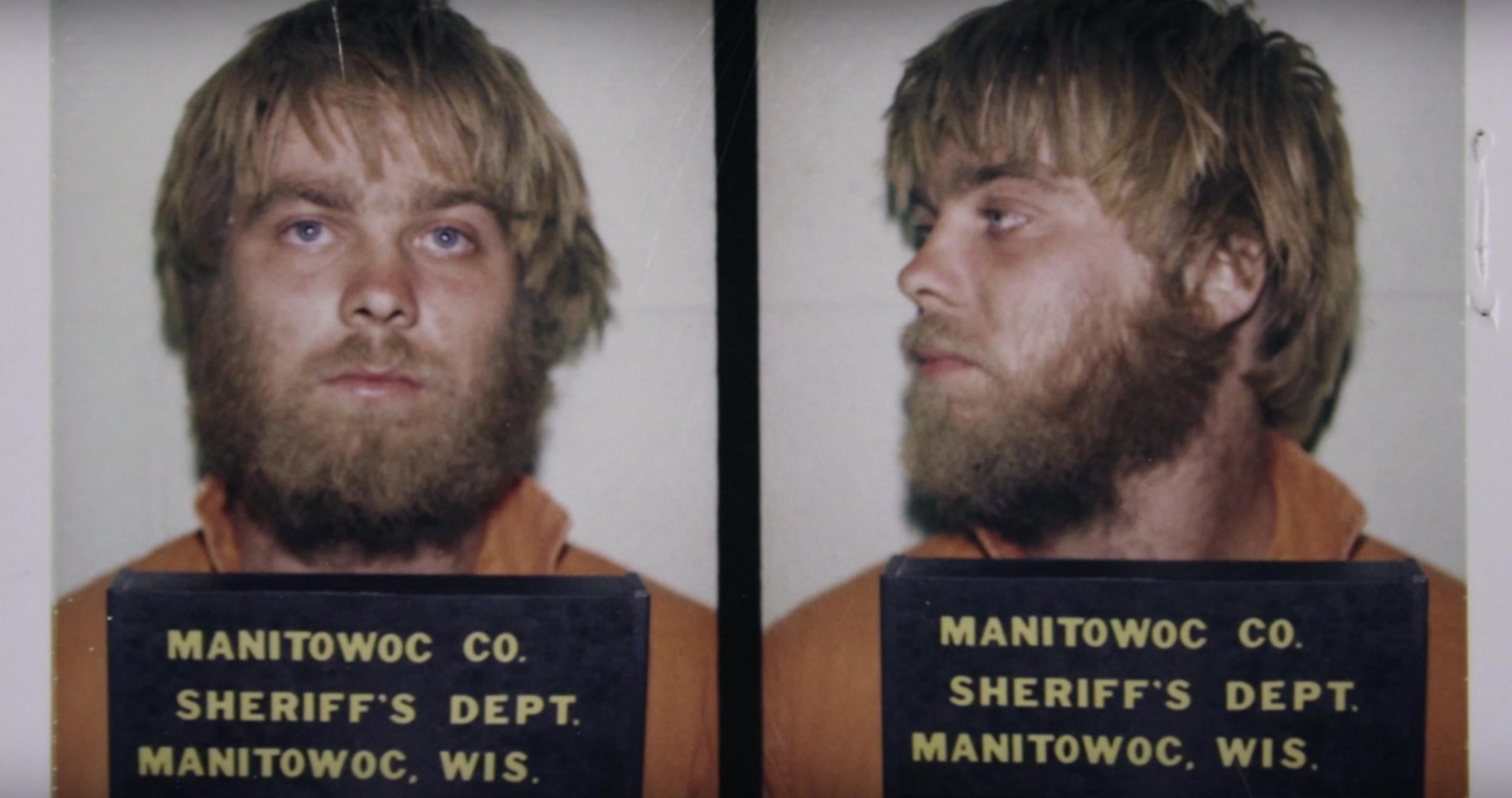The novelists skewering the ickiness of true crime
Eternally popular but often deemed problematic, the true crime genre serves up a constant stream of content about dark, unpleasant crimes. Katie Rosseinsky explores a wave of new novels unpicking the way these stories are told – and why our appetite for them is so ravenous


Did you listen to the podcast?” asks the narrator of Eliza Clark’s new novel, Penance. If you usually start your morning commute by pressing play on another discussion of a particularly grim murder, this direct address might make your stomach lurch. The second book from Clark, who recently appeared on the prestigious Granta young novelists shortlist, is a faux non-fiction narrative, its “author” a journalist called Alec Carelli. “Did the host make jokes? Do you have a dark sense of humour? Did that make it OK?” Carelli probes. “Or were they sensitive about it? Did they coo in the right places?”
From the first page, Penance is a punchy skewering of the ways we might strain to justify an interest in real-life stories about killers, cold cases, abductions and other less than salubrious subjects. We feel icky, even complicit – and that’s before we’ve been apprised of the gory details of this (fictional) case. Throughout, Clark makes it hard not to confront the murky ethics of consuming a true crime tale like this one. Hers is the latest in a wave of novels asking uncomfortable questions about the genre, cleverly wrapping them up in a gripping, can’t-look-but-can’t-look-away plot.
Penance is set in a faded resort town in the North East of England, and charts the events leading up to the death of Joni Wilson, a 16-year-old who was burned alive by three classmates on the eve of the 2016 EU referendum. That timing means the story is buried under reams of Brexit coverage, making it ripe for reappraisal later by true crime aficionados and reporters like Carelli. What sort of cases acquire cult status, Clark makes us wonder. Can ethical true crime ever be more than a contradiction in terms? And what are the IRL consequences of growing up on a digital diet of violent true stories and serial killer fandoms?
Our interest in criminal cases is nothing new. Crime fiction has always had “a parasitic relationship with true crime”, says crime novelist Oliver Harris, senior lecturer in creative writing at Manchester Metropolitan University. The genre, he explains, was rooted in “17th and 18th century pamphlets reporting on court cases and criminals”, and an “appetite for the dark side” persisted into Victorian times. At the start of Queen Victoria’s reign, so-called Newgate novels – melodramatic tales inspired by real wrong ’uns – were both wildly popular and deeply controversial, accused of glorifying criminality.
Then, “through the 20th century, as the news got obsessed with serial killers, you can see a clear time lag”, Harris says. “You’ll have [these stories] all over the front pages and then a year or two later, it’ll be out in novels: you can see the process of the writers themselves getting hooked on these stories, realising how fascinating they are.” The most influential – and intriguing – 20th century take on true crime, though, was surely Truman Capote’s In Cold Blood, his “non-fiction novel” about the 1959 murders of a Kansas family. Written as the case unfolded, Capote interviewed local residents, detectives – and the two killers. Later, his story was contested, with his subjects claiming he had fabricated scenes or misquoted dialogue.
It was the podcast boom and the rise of streaming that brought the genre careering into the contemporary cultural mainstream. You can trace our current true crime mania back to the release of Serial, the podcast exploring the 1999 death of 18-year-old student Hae Min Lee and conviction of her ex-boyfriend Adnan Syed, in 2014; a year later, Netflix’s documentary Making A Murderer, which told the story of Steven Avery, a Wisconsin man convicted of killing the photographer Teresa Halbach in 2005, became a huge hit for the streamer. Their success inspired countless imitations across both mediums, varying wildly in tone from carefully reported, sober storytelling to pulpy sensationalism and so-called “edgy” humour (parodied in Penance’s faux podcast transcripts, taken from a show sensitively titled I Peed On Your Grave).
“It began to feel like, as the golden age of true crime swelled to a saturation point, there was more and more content saying less and less,” says Alice Slater, whose debut novel Death Of A Bookseller grapples with the consequences of consuming true crime constantly and uncritically. “Earlier podcasts or TV series that went viral were really saying something – whether you agreed with what they were saying or not, there was an artistic or political point being made. And I just began to feel the more I was consuming, the less that I was really gaining from it.”
Copycat true crime podcasts, she adds, don’t often “talk about the wider aspects” of a case, “from potential social change that could be preventive, to prison abolition, to the political elements that build the landscape of the justice system” – and a lot of the shows she listened to ended up “very black and white, being pro-incarceration, or even winking towards being pro-death penalty”. Without the patina of social justice, these stories are arguably just catalogues of extremity. In the recent Black Mirror episode Loch Henry, Myha’la Herrod’s filmmaker character Pia sums up the genre’s base appeal: “It’s ‘what the f**k?’ It’s ‘give me more details!’ And the details are so awful, it’s irresistible.” Pia is trying to persuade her boyfriend, a fellow documentarian, to capitalise on his personal connection to a horrifying case. Her efforts will eventually backfire, turning the dynamic of exploitation upside down in grotesque fashion.

Slater reached “a real turning point” with true crime about five years ago, when she attended a live recording of the podcast My Favourite Murder (catchphrase: “stay sexy and don’t get murdered”). “That’s when I really began to feel like something wasn’t right with the way that we’re interacting with these stories,” she says. “I found it deeply chilling, being in this room surrounded by thousands of people clapping and cheering over these really sad pieces of information – perpetrators jumping to their death, people dying in prison. And I had this real sense of being at the gallows… In the UK we used to gather in market squares to watch executions, and I suddenly felt like I was in a new version of that kind of voyeurism.”
It’s an experience she wrote into the opening chapter of her novel. True crime obsessive Roach heads to Brixton Academy for a taping of the very My Favourite Murder-ish show The Murder Girls (catchphrase: “we’ll see you in hell”). The hosts discuss the notorious (fictional) story of a Walthamstow serial killer, murders that local resident Roach, a teenager at the time, remembers well. When she learns that fellow bookseller Laura has a personal connection to a dark case, she develops an uncanny fixation with her colleague that shapes her behaviour in disturbing ways. Her true crime obsession has tangible consequences, just as the dark digital material devoured by Penance’s teen protagonists eventually shapes their offline lives.
Portraying a fictional true crime fan brings up its own ethical quandaries. If your novel is exploring how this consumption can shape us for the worse, how do you allude to these true stories without adding to the problem? “It’s something that I really debated,” Slater says. “I felt really unsure… would it be hypocritical to create this work, then include the names of notorious serial killers?” At the same time, she felt that if she filled the novel with fake cases, “the context would be missing”. Eventually she decided to “stick with only the highest of high-profile cases… I didn’t want to be stepping into territory that isn’t already quite firmly within pop culture”. Even that decision, though, is something she “struggled with” – “and I’m still not sure if I made the right choice”. Her words echo recent comments from Clark, whose novel was loosely inspired by a few true cases. “Sometimes I don’t really feel particularly comfortable with the fact that I’ve used real cases at all,” she told AnOther magazine.
The true crime podcast “confronts us with a complicated appetite” in a way that, say, reading or watching the news does not, Harris notes. In picking up a newspaper, he adds, “you’re not actively choosing to spend an hour listening about a serial killer” – with a podcast, though, you’re opting in. “You run across examples of it being done very irresponsibly, and then you feel really icky about it, and then at the same time, you see podcasts or online movements that have solved crimes or gotten someone out of prison,” says Rebecca Makkai, the author of I Have Some Questions For You. “It does make a great topic for fiction: here’s this wildly complicated, problematic, contradictory thing.”

In Makkai’s novel, podcaster Bodie Kane returns to the boarding school she attended as a teenager, tasked with teaching the basics of audio storytelling to a class of earnest Gen Z students (who are hyper-aware that true crime can be “a problematic genre”, as one of them puts it, as well as the potential pitfalls of becoming “another white girl giggling about murder”). For their project, the teens must pick a topic related to the school, and one of them, inevitably, picks a case that has “Apple’s most-downloaded” written all over it: the 1995 murder of Thalia Keith, a pretty, popular senior student who was Bodie’s one-time roommate, and the potentially botched conviction of the school sports coach.
The podcaster protagonist has become increasingly popular in crime fiction over the past year or so, with “the writers and broadcasters of true crime stepping into the story”, Harris says – and it’s a shift that “probably goes hand in hand” with “mixed feelings about the police”. Making your lead character a podcaster, he notes, “allows you to sidestep policing, in a way that private investigators used to in the past” and reflects how “in the internet age, everyone’s allowed to investigate” (for better or worse, as the queasy swarm of self-appointed sleuths that flocked to the site of Nicola Bulley’s disappearance earlier this year illustrated). Those “armchair detectives” operating “on Reddit boards, on YouTube, on TikTok” are alternately satirised and taken seriously in Makkai’s book. “There’s some major downsides as people get over-involved or bungle things, but there are also a lot of things that have literally been solved, or leads found, or Jane Does identified, from citizen involvement,” she says.
I Have Some Questions for You’s Bodie is the host of a You Must Remember This-style podcast that tells the stories of Old Hollywood actresses through a feminist lens. “It’s a re-examination of the stories that we thought we knew, but we got very wrong,” Makkai says. “It’s also talking about systems that might look like wonderful elite institutions but are actually systems of oppression.” She wanted Bodie to “simultaneously have the skill set she would end up needing to engage in this case”, with the additional deep “irony” that she has never previously used that skill set to reassess one of the defining experiences of her young adulthood. “This is someone who has spent her career looking at these stories, but of course, the last thing we’re able to turn a critical eye on is ourselves, and our lives.”
Makkai reckons that trying to come to a definitive answer about the worth of true crime is pointless. “It’s like saying that all journalism is bad or good, all literature is bad or good,” she says. “It’s ridiculous to try and make a judgement on that.” Slater agrees. In her novel, she didn’t want to just set up “easy positions” in a complex debate: her character Laura might denounce true crime as “exploitative”, but she also writes her own true crime-inspired poetry. “She would argue that she is reclaiming those victims’ stories, but on behalf of who?” Slater says. “They’re not actually her stories to tell… It was more interesting to me to think about perhaps it’s more of a spectrum, rather than black and white.”
But by asking us to consider how these stories are made, perhaps these novels can nudge us into becoming more conscious, more self-aware consumers. From Penance’s opening pages, Clark makes us question just how “true” this crime story is. Carelli’s reporting is slippery – in a prefatory note, we learn that some interviewees accused him of “misrepresenting and even fabricating” their words; the offenders’ contributions were “illegally acquired” from prison. Things become murkier still when we learn that our narrator was convicted of phone hacking, and is hoping his latest book will help restore his reputation after being “cancelled” online. Like In Cold Blood, which provides Penance’s epigraph, it’s a narrative built on shifting sands. The moral high ground doesn’t exist – instead, we have to confront our grim obsession head on.






Join our commenting forum
Join thought-provoking conversations, follow other Independent readers and see their replies
Comments